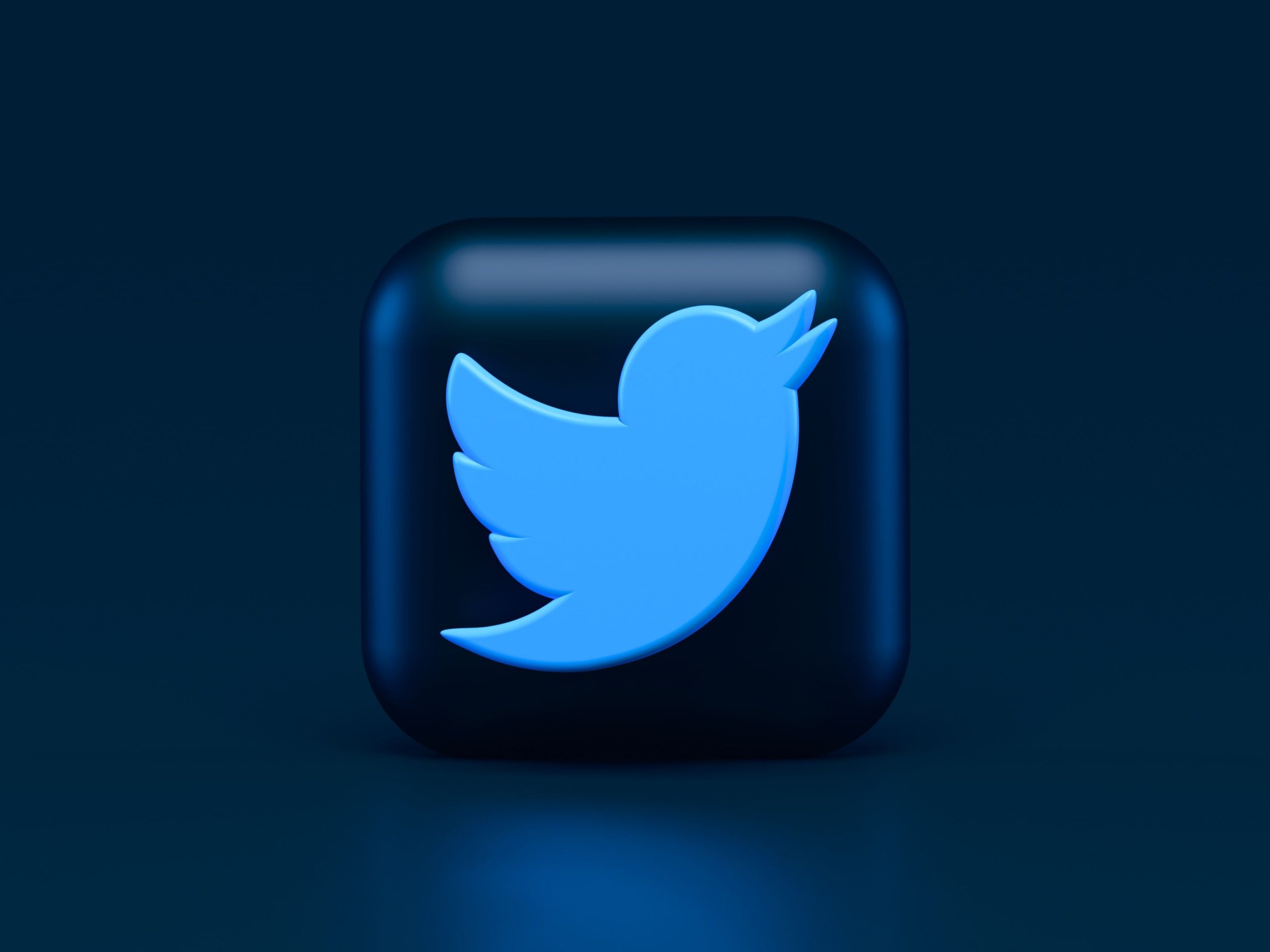Since acquiring Twitter, Elon Musk’s management style has been unpredictable. The world’s richest man has laid off employees, proposed a change to user verification, and is reportedly considering a number of changes that, if implemented, would represent a significant overhaul of the service. On November 4, Twitter started laying off some of its 7,500 employees amid rumours that Musk intended to fire about 50% of them.
Musk has surrounded himself with loyalists and friends in his initial days as CEO of Twitter, including his personal lawyer and tech investors David Sacks and Jason Calacanis, two Silicon Valley veterans who regularly mix it up with supporters and critics alike on their podcast and on social media. Sacks and Calacanis are not household names, but they have emerged as two of technology’s most recognizable voices.
Also Read| Ex-Twitter employee Yash Agarwal’s lay off tweet wins the internet
With their popular podcast, “All-In,” they frequently enter the sociopolitical fray, frequently expressing skepticism about the political establishment, mainstream media practices, and even the directions of some Big Tech companies. Furthermore, Musk has reportedly recruited more than 50 of his dependable Tesla employees—mostly software engineers from the Autopilot team—to join his new company, according to CNBC.
Musk completed the Twitter acquisition on October 28
Musk, the CEO of Tesla and SpaceX, completed the $44 billion acquisition of Twitter on October 28 and immediately made his mark there. He immediately fired the company’s CEO, CFO, policy and legal team leaders, and dissolved Twitter’s board of directors. According to internal records obtained by CNBC, employees from Musk’s other companies, including more than 50 from Tesla, two from the Boring Company (which is building underground tunnels), and one from Neuralink (which is developing a brain-computer interface), are now authorized to work at Twitter.
Also Read| Amber Heard’s Twitter handle disappears after Elon Musk acquires company
Some of Musk’s close friends, advisers, and financial backers are also involved, including Jared Birchall, the head of his family office, Jason Calacanis, an angel investor, and David Sacks, the first chief operating officer of PayPal and a venture capitalist. Likewise, James and Andrew Musk, who previously worked for Palantir and Neuralink, respectively, and who also share Musk’s last name.
Musk is relying on his lieutenants and supporters at Twitter to make decisions about who and what to keep or cut from the social network. CNBC reported citing several Twitter employees that he is also pressuring them to quickly learn everything they can about Twitter, including the source code, content moderation guidelines, and data privacy requirements, so he can redesign the platform.







